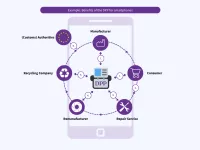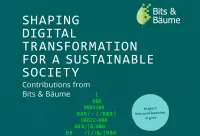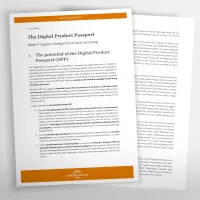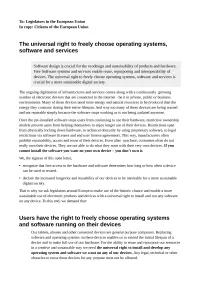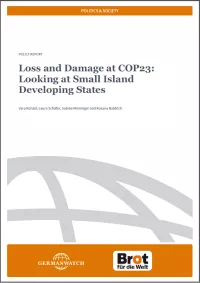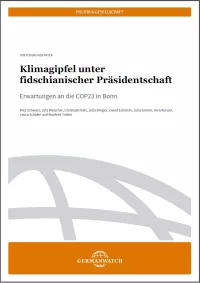
Aktuelles zum Thema
The Digital Product Passport (DPP) is comparable to a comprehensive digital index card or a “digital CV” that the EU seeks to introduce for a wide range of products. It is intended to provide information needed, for example, for more efficient repair and recycling of products. We believe that the DPP has a significant potential to pave the way towards a more circular economy as it can address the information deficit along a circular value chain that often impeded circularity.
The European Union is in the process of redefining the ecodesign criteria for products in several legislative proposals. Together with 37 European organisations and companies, Germanwatch publishes an open letter calling on legislators in the EU to make use of the historic chance by introducing the universal right to install any software on any device, including full access to hardware.

